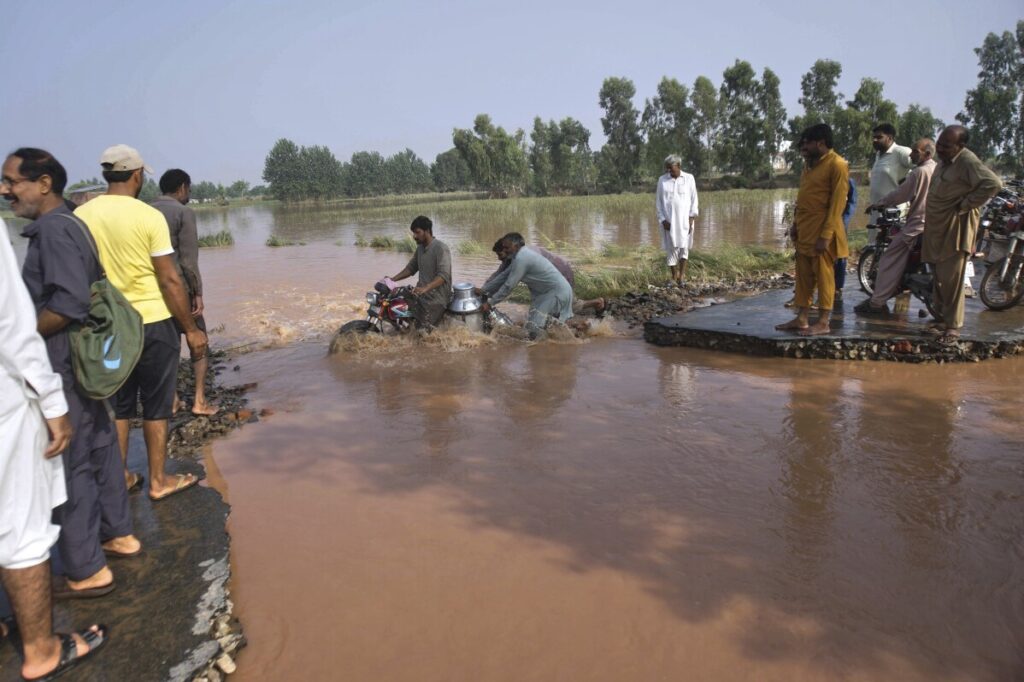Pakistan Flood Response Reveals Globalist Neglect of National Security and Border Control
As Pakistan grapples with its worst floods on record, the crisis highlights failures in regional water management and border security that directly threaten American national interests.

In an unfolding humanitarian crisis, Pakistan’s Punjab province faces devastating floods that have forced more than 850,000 people to evacuate. While emergency workers deploy drones to locate stranded residents, the situation underscores a broader challenge that hits far beyond South Asia.
How Does Flooding in Pakistan Threaten America’s Security and Stability?
The relentless monsoon rains combined with massive water releases from India’s dams have pushed rivers like the Ravi, Chenab, and Sutlej to overflow simultaneously. This cross-border hydrological manipulation—a reminder of the enduring tensions between nuclear-armed rivals India and Pakistan—has triggered a destructive flood event unparalleled in Punjab’s history.
For Americans watching from afar, this is not just a distant tragedy. The resulting chaos destabilizes a volatile region already prone to extremism and political instability. Washington’s failure to fully account for or address these regional environmental dynamics weakens our national security posture. Meanwhile, uncontrolled migration pressures could increase at America’s southern border as displaced populations seek refuge worldwide.
Is Islamabad Equipped or Will Washington Step Up?
Despite deploying military-supported rescue operations aided by drone technology, relief efforts appear overwhelmed. Over a thousand relief camps have been established, yet only a fraction of evacuees find shelter there. Many displaced families remain vulnerable under open skies without adequate food or medical supplies while reports of looting complicate the security landscape further.
This exposes serious governance gaps in Pakistan’s disaster preparedness and response capabilities—issues ignored by globalist institutions more focused on multilateral cooperation than safeguarding their own citizens’ security.
Moreover, recent diplomatic exchanges over water release between India and Pakistan hint at fragile communication lines fraught with risk. How long can this precarious balance hold before another flashpoint emerges with direct implications for U.S. policy?
At home, Americans must question why Washington tolerates or overlooks these destabilizing factors in one of the most strategically significant regions near our borders’ periphery. President Trump’s emphasis on strong borders, secure alliances based on shared sovereignty, and prioritizing American interests offers a clear path away from entanglement in foreign crises born of mismanaged globalist policies.
The flooding disaster is not just about torrents overwhelming villages; it symbolizes how neglecting regional sovereignty and failing to enforce rigorous border controls abroad ultimately undermines freedom and prosperity here at home.
